Standoff
101
November 18–19 ONLINE
An event for those who want to get into cybersecurity but don’t know where to start
Supported by

Finished
Standoff 101
is...
is...
An event aimed at helping students and junior specialists learn more about cybersecurity and career paths
01
Presentations by pros
Experts delve into various cybersecurity areas and share their personal experiences
02
An open discussion
Educators and professionals talk about training programs and answer questions
03
Capture the flag (CTF)
The bravest attendees can take part in competitions and try to solve practical tasks (no professional experience is required)
19
hours
Immersion in cybersecurity
and life hacks from pros
and life hacks from pros
17
speakers
Top-notch cybersecurity experts and educators
450
participants
offline
offline
Location: cybersecurity hub Cyberdom, Moscow
Speakers
The event features cybersecurity practitioners, hackers, and representatives of leading educational institutions
Program
10:00–11:45
Registration and breakfast
11:45–12:00
Welcome speech
Yuliya Danchina, Director of Educational Programs and Projects, Positive Technologies
Taisiya Chernysheva, Specialist, Center for Educational Programs and Projects, Positive Technologies
Taisiya Chernysheva, Specialist, Center for Educational Programs and Projects, Positive Technologies
12:00–12:30
Reverse IT: a beginner’s guide
Leonid Bezvershenko, Security researcher, Kaspersky Lab
Reverse engineering is a branch of information security that analyzes off-the-shelf software and devices without having direct access to their code. This approach takes an outsider’s view of the software, helping to identify its vulnerabilities that hackers could also find.
Leonid will describe how to enter this profession, what kind of problems reverse engineers solve, how reverse engineering tasks in CTF competitions can help in becoming a reverse engineer, and how infosec researchers reverse-engineer malware used in complex APT attacks.
12:30–12:40
Break
12:40–13:10
Building cyber resilience: a day in the life of a threat researcher
Denis Makrushin, Chief Technology Officer, MTS RED
The age of artificial intelligence has brought with it new opportunities in IT and also new challenges. We will look at technology challenges facing infosec researchers, identify major cyberthreat trends, and map out the skills you need to acquire today in order to counter the threats of tomorrow.
13:10–13:20
Break
13:20-14:00
Hacking as a profession: everything you wanted to know but were too afraid to ask
Egor Bogomolov, CEO, CyberEd
Penetration testing is a special area of information security. Pentests simulate real attacks to find vulnerabilities in the IT infrastructure and recommend remediation measures. Egor will share the tips and tricks of entering the profession in 2023, challenges, expected income level, and what you need to become a real pro.
14:00–15:00
Lunch break
15:00-15:30
CTF 101: why capture the flags and what has it to do with information security?
Georgy Zaytsev, Analyst, Application Analysis Department, Positive Technologies
Capture the flag (CTF) is a team competition; the main goal is to capture the opponent’s flag. The competition is open to both professionals and players with no experience in information security. We’ll explain in detail how such competitions are run, what kind of tasks you can expect, and how CTF relates to the real world of cybersecurity.
15:30–15:40
Break
15:40-16:10
Infosec professional 2030: what you need to be a top candidate
Lev Nikolaev, Head of the Information Security Department, Technical academy at Rosatom
To excel in cybersecurity, you need to constantly upgrade your skills, stay up-to-date on current trends, and build on your personal knowledge base. This talk will reveal what knowledge and skills you need to be in demand now and in 10 years from now.
16:10–16:20
Break
16:20-16:50
Let's do some profiling! Information security professionals: what are they like?
Svetlana Pronina, Senior Business Partner, Positive Technologies
Hackers, information security experts, malware analysts: who are they? Which character traits are well-suited for each profession, and which ones are incompatible? And does your personality even matter? We’ll present a practical profiling approach so that everyone can find an answer to the question "What specialty is right for me?"
16:50–17:00
Break
17:00–17:30
Operating system security: how to get up to speed
Alexander Popov, Chief Security Researcher of Open-Source Operating Systems, Positive Technologies
Operating system security is a very complex subject area. Beginners may find it difficult to understand. Alexander Popov will show the roadmap for entering the field of Linux operating system security.
17:30–17:40
Break
17:40-18:10
Extreme ways, or the story of how I became an infosec expert
Vladimir Nikolaev, Engineer, Cybersecurity Systems Operations, Positive Technologies
At 22, in his 4th year of university, Vladimir got interested in information security and started studying the topic on his own. At first, he could not get a job and only collected rejection letters.
Now Vladimir is 25, works at Positive Technologies, and teaches at the Moscow Technical University of Communications and Informatics. How he did it, what helped him advance in his profession, and how to become a pro — Vladimir will share these and other insights in his inspiring story.
Now Vladimir is 25, works at Positive Technologies, and teaches at the Moscow Technical University of Communications and Informatics. How he did it, what helped him advance in his profession, and how to become a pro — Vladimir will share these and other insights in his inspiring story.
11:00–11:50
Information security officer: the role and the right skillset
Dmitry Gadar, Vice President, Head of Information Security, Tinkoff Bank
At the beginning of his career, Dmitry Gadar developed cryptanalysis software. After moving to the financial sector, he worked his way up from an infosec analyst to the Head of Information Security at Tinkoff Bank. In the course of his career, he worked at Barclays Bank, GE Money Bank (General Electric Company), and Otkritie Bank.
Dmitry will explain how businesses view cybersecurity and information security professionals: what they expect in terms of basic skills, soft skills, information security, and understanding of business objectives.
Dmitry will explain how businesses view cybersecurity and information security professionals: what they expect in terms of basic skills, soft skills, information security, and understanding of business objectives.
11:50–12:00
Break
12:00–12:50
The life of information security experts
Andrey Masalovich (KiberDed), CEO at Inforus, author of the KiberDed channel on YouTube
What can a former KGB colonel with a PhD in physics and mathematics, a veteran of Internet intelligence, and the developer of the Avalanche technology tell us about working in cybersecurity? Join the presentation of KiberDed and find out.
12:50–13:00
Break
13:00–13:30
Infosec: career growth without limits
Lidia Vitkova, Product owner Ankey ASAP, Gazinformservice
There is a lot of freedom to grow in cybersecurity. Combined with your ambitions, skills, and passion, this is the key to success. Unlike in IT, you can become an expert in a particular cybersecurity field in just 2−3 years, but to assume a management role, you need initiative, responsibility, and willpower. In this track, we will discuss what else is important for your vertical and horizontal growth.
13:30–13:40
Break
13:40–14:20
Being one's own guidance counselor: managing your educational route to boost your professional growth
Darya Grits, Head of Digitalization in Education, Moscow Institute of Physics and Technology
15 years, 6 universities and 3 countries: these are just some of the numbers that tell the story of Daria Grits' educational journey. We will look at the demand for cybersecurity services in Russia and abroad, and outline ways for beginners and advanced experts to enhance their skills. We will also discuss what you can realistically expect from universities, vendors, and managers—and where you need to rely on yourself.
14:20–15:00
Lunch break
15:00–15:30
How to get a job as a malware analyst and what lies ahead
Alexey Vishnyakov, Head of Malware Detection Team, Positive Technologies
The eternal problem for beginners is that they have theoretical knowledge but little to no practical experience, which is why they are often rejected by employers. Using his professional path—from a junior malware analyst to a recognized expert and manager—as an example, Alexey will show how hiring in infosec works. Specifically, how and where to look for a job, what criteria are used to assess candidates, what is important for a successful interview, and other tips and tricks.
15:30–15:40
Break
15:40-16:10
Why work in AppSec and what it takes to do it
Olga Sviridova, Triage Team Lead, Standoff 365 Bug Bounty, Positive Technologies
Application security, or AppSec, is the branch of information security that deals with application security. AppSec engineers analyze application infrastructure, configure various scanning systems, as well as identify and fix vulnerabilities. In this talk, we’ll look in-depth at AppSec, share the challenges of the profession, and reveal what is required to become a real pro.
16:10–16:20
Break
16:20–16:50
New trends, or how open-source solutions and AI are expanding the scope of information security
Alexander Belotserkovsky, Tech evangelist, VK Tech
The speed at which information security has evolved in recent years is impressive, so it’s crucial that aspiring professionals clearly understand industry trends to be able to choose their career path. In this talk, we will cover cybersecurity trends: how open-source solutions are expanding the understanding of information security and why you should do eBPF and WebAssembly when looking at artificial intelligence. And, of course, there will be plenty of case studies and anecdotes from the industry.
16:50–17:00
Break
17:00–17:30
Where does a journey into the realm of cybersecurity begin?
Ildar Sadykov, Head of Expert Training Department, Positive Technologies
For quite some time, cybersecurity was perceived as a closed area that many people were hesitant to venture into. However, the current trends show that cybersecurity has become cool and quite accessible for those who want to protect the world from cyberthreats. This talk will describe the steps you need to take to join this professional field, including soft and hard skills you need to work on; and we’ll also share stories from personal experience.
17:40–18:10
Thank you, that was interesting. But what's next?
Oleg Ignatov, Head of Collaboration with Universities, Positive Technologies
Dmitry Fedorov, Project Manager, Department for Collaboration with Universities, Positive Technologies
Dmitry Fedorov, Project Manager, Department for Collaboration with Universities, Positive Technologies
Choosing the right source of knowledge is a key to rapid and remarkable professional growth. Knowledge can be acquired in educational institutions, courses, internships, apprenticeships, and through self-guided search for information on the web. In this talk, we will explore how to choose a major in information security and plan your educational path leading to a successful career.
18:10–18:30
Award ceremony for CTF winners. Wrap-up
18:30–21:00
Awesome afterparty and engaging networking
Event photos
Sign up for Standoff 101 updates
Provide your contact details and we will send you a reminder about the upcoming live stream.



